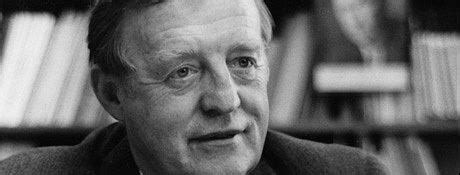A Quote by Dalai Lama
The antidote to hatred in the heart, the source of violence, is tolerance. Tolerance is an important virtue of bodhisattvas [enlightened heroes and heroines] - it enables you to refrain from reacting angrily to the harm inflicted on you by others. You could call this practice "inner disarmament," in that a well-developed tolerance makes you free from the compulsion to counterattack. For the same reason, we also call tolerance the "best armor," since it protects you from being conquered by hatred itself.
Quote Topics
Also
Antidote
Armor
Being
Best
Call
Compulsion
Conquered
Could
Developed
Disarmament
Enables
Enlightened
Free
Harm
Hatred
Heart
Heroes
Heroes And Heroines
Heroines
Important
Inflicted
Inner
Itself
Makes
Others
Practice
Protects
Reacting
Reason
Refrain
Same
Since
Source
Tolerance
Violence
Virtue
Well
Related Quotes
Tolerance obviously requires a non-contentious manner of relating toward one another’s differences. But tolerance does not require abandoning one’s standards or one’s opinions on political or public policy choices. Tolerance is a way of reacting to diversity, not a command to insulate it from examination.
Unlimited tolerance must lead to the disappearance of tolerance. If we extend unlimited tolerance even to those who are intolerant, if we are not prepared to defend a tolerant society, then the tolerant will be destroyed, and tolerance with them. We should therefore claim, in the name of tolerance, the right not to tolerate the intolerant.
I think in terms of being a New Yorker, as my friends would say, I don't take a lot of mess. I have no tolerance for people who are not thinking deeply about things. I have no tolerance for the kind of small talk that people need to fill silence. And I have no tolerance for people not - just not being a part of the world and being in it and trying to change it.
No one can learn tolerance in a climate of irresponsibility, which does not produce democracy. The act of tolerating requires a climate in which limits may be established, in which there are principles to be respected. That is why tolerance is not coexistence with the intolerable. Under an authoritarian regime, in which authority is abused, or a permissive one, in which freedom is not limited, one can hardly learn tolerance. Tolerance requires respect, discipline, and ethics.





































